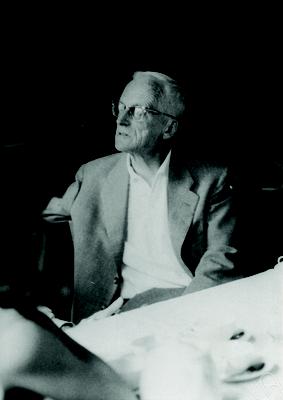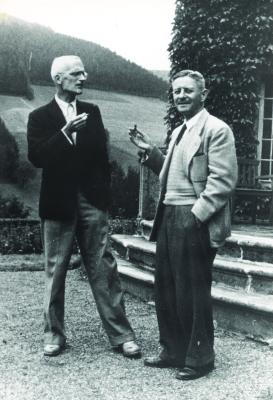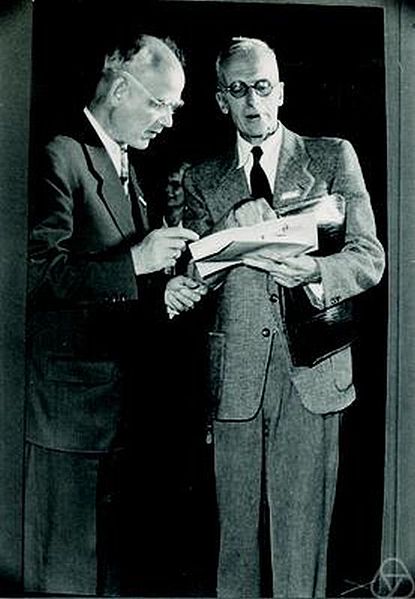<Back to Index>
- Mathematician Hellmuth Kneser, 1898
- Writer Anatole France (François - Anatole Thibault), 1844
- Prime Minister of Italy Antonio Starabba, Marchese di Rudinì, 1839
PAGE SPONSOR
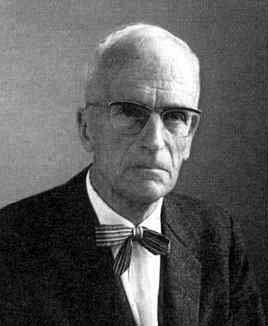
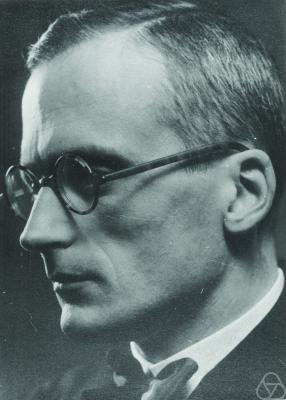
Hellmuth Kneser (April 16, 1898 – August 23, 1973) was a German mathematician, who made notable contributions to group theory and topology. His most famous result may be his theorem on the existence of a prime decomposition for 3 - manifolds. His proof originated the concept of normal surface, a fundamental cornerstone of the theory of 3 - manifolds.
He was born in Dorpat, Russian Empire (now Tartu, Estonia) and died in Tübingen, Germany. He is the son of the mathematician Adolf Kneser and the father of the mathematician Martin Kneser. He assisted Wilhelm Süss in the founding of the Mathematical Research Institute of Oberwolfach and served as the director of the institute from 1958 to 1959.
Kneser had formulated the problem or non integer iteration of functions and proved the existence of the entire superfunction of the exponential; on the base of this superfunction he constructed the functional square root of the exponential function as half - iteration of the exponential, i.e. a function φ such that φ(φ(z)) = exp(z); although this superexponential is not real and cannot be considered as tetration.
Kneser was a student of David Hilbert. He was an advisor of a number of notable mathematicians, including Reinhold Baer.
Hellmuth Kneser was a member of the NSDAP and also the SA. In July 1934 he wrote to Ludwig Bieberbach a
short note supporting his anti - semitic views and stating: "May God
grant German science a unitary, powerful and continued political
position."
